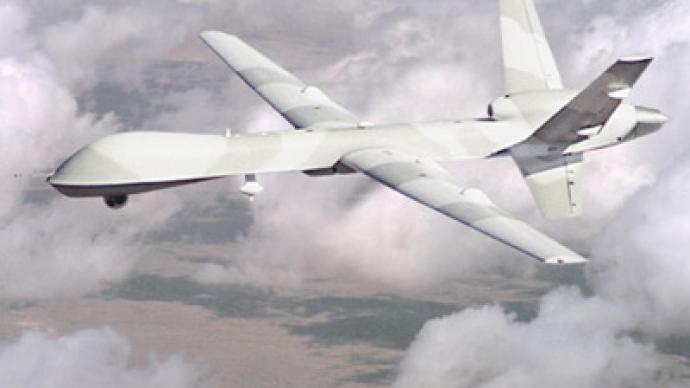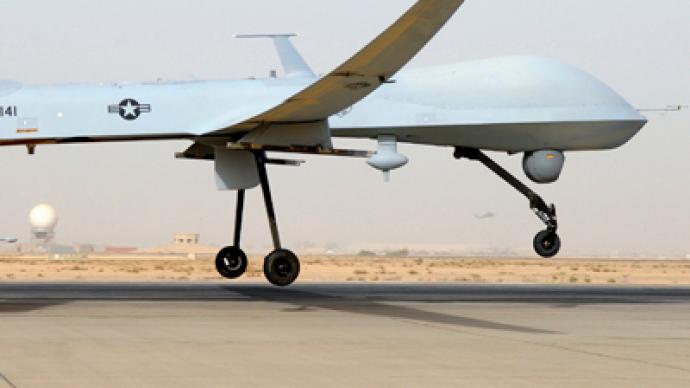A UN investigator has called on Washington to provide justification for the increasingly widespread use of military drones to carry out targeted killings. He says drone attacks, which take innocent civilian lives, may be violating international law.
The US military and CIA use drones in Afghanistan, Pakistan, Iraq, Yemen and Somalia. Washington should clarify the legal basis for the policy of killing suspected Al Qaeda and Taliban leaders and associates rather than trying to capture them, Christof Heyns, Special Rapporteur on Extrajudicial, Summary or Arbitrary Executions, said in a report. The 28-page document addressed to the UN Human Rights Council was released ahead of the body’s debate on the issue in Geneva.
"The government should clarify the procedures in place to ensure that any targeted killing complies with international humanitarian law and human rights and indicate the measures or strategies applied to prevent casualties, as well as the measures in place to provide prompt, thorough, effective and independent public investigation of alleged violations," the report says.
"Although figures vary widely with regard to drone attack estimates, all studies concur on one important point: there has been a dramatic increase in their use over the past three years," Heyns said.
The UN official cites figures from the Pakistan Human Rights Commission, which said American drone strikes killed at least 957 people in Pakistan in 2010 alone. Out of the thousands killed by drones since 2004 roughly 20 per cent are believed to be civilians."Disclosure of these killings is critical to ensure accountability, justice and reparation for victims or their families," the rapporteur says.
Heyns stressed that international humanitarian law requires that every effort made to arrest a suspect and any use of force comply with the principles of necessity and proportionality. He added Washington has failed to respond satisfactorily to concerns voiced by his predecessor Philip Alston, in a 2009 report.
"The Special Rapporteur again requests the Government to clarify the rules that it considers to cover targeted killings … (and) reiterates his predecessor's recommendation that the government specify the bases for decisions to kill rather than capture 'human targets' and whether the State in which the killing takes places has given consent," Heyns said.
Drone attacks also create problems for Washington’s relations with its allies. They were one of the major points of conflict between the US and Pakistan, with the row resulting in disruption of supplies through Pakistani territory for American troops deployed in Afghanistan.
Pakistani Ambassador Zamir Akram spoke earlier on Monday during the opening session of the UN human rights body, saying his government considers the use of drones on its soil illegal, counterproductive and as violating Pakistan’s sovereignty.
"Thousands of innocent people, including women and children, have been murdered in these indiscriminate attacks," he said.


